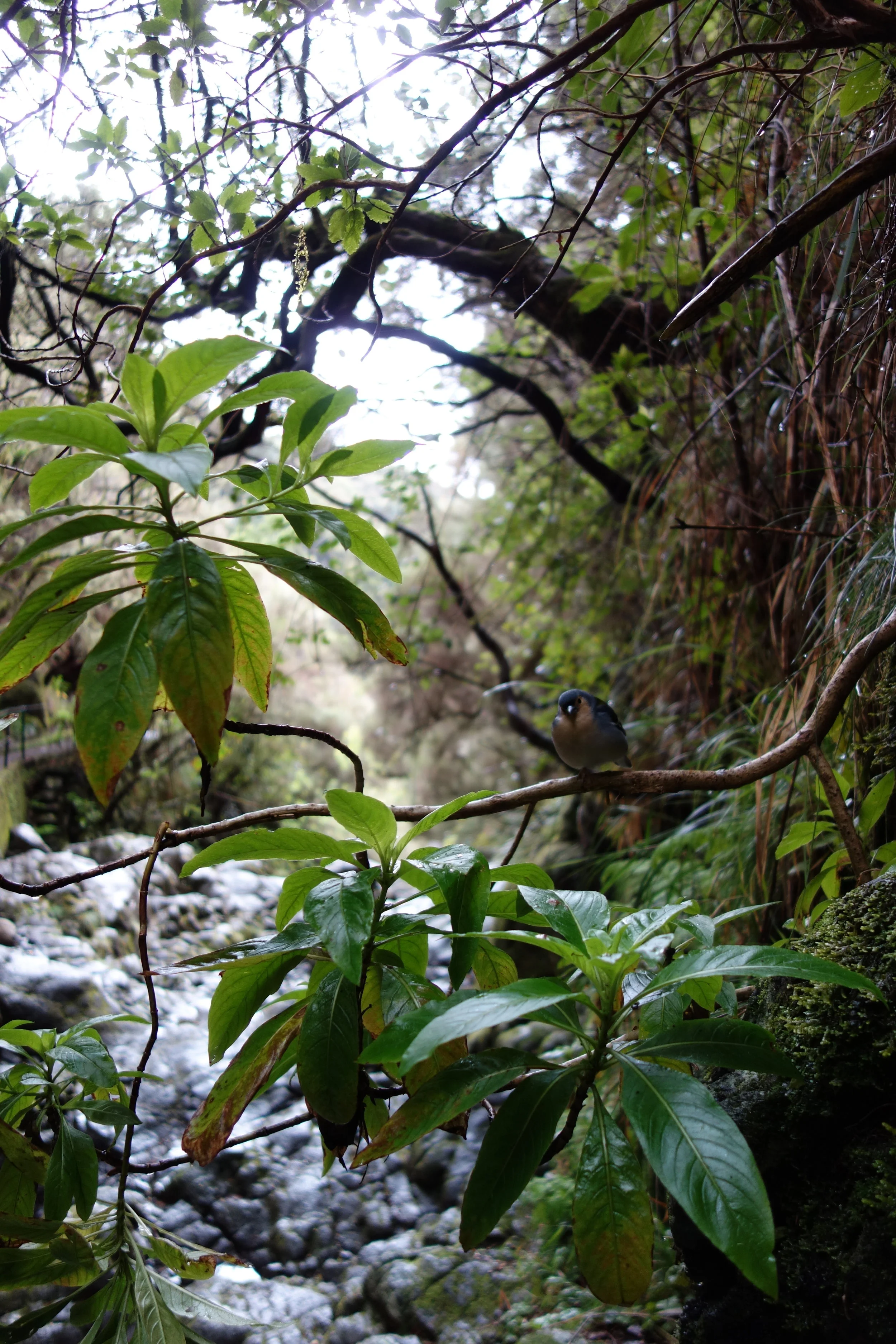Biodiverse natural environments rich in ‘good’ bacteria
A new study from the University of Adelaide, published in the journal Environment International found that natural biodiverse environments are rich in ‘good’ bacteria. The study found that environments identified as degraded with low levels of biodiversity harboured more opportunistic, disease causing bacteria including Bacillus, Clostridium, Legionella, Enterobacter and Pseudomonas.
The study also found that by restoring a degraded environment to a more biodiverse ecosystem the bacterial composition changed to a healthy environment rich in ‘good’ bacteria.
”There is a growing body of evidence associating human health with green space around people’s homes and environmental microbes provide a likely connection between a healthy ecosystem and human health.” Said study author Craig Liddicoat from the University of Adelaide’s School of Biological Sciences and Environment Institute.


